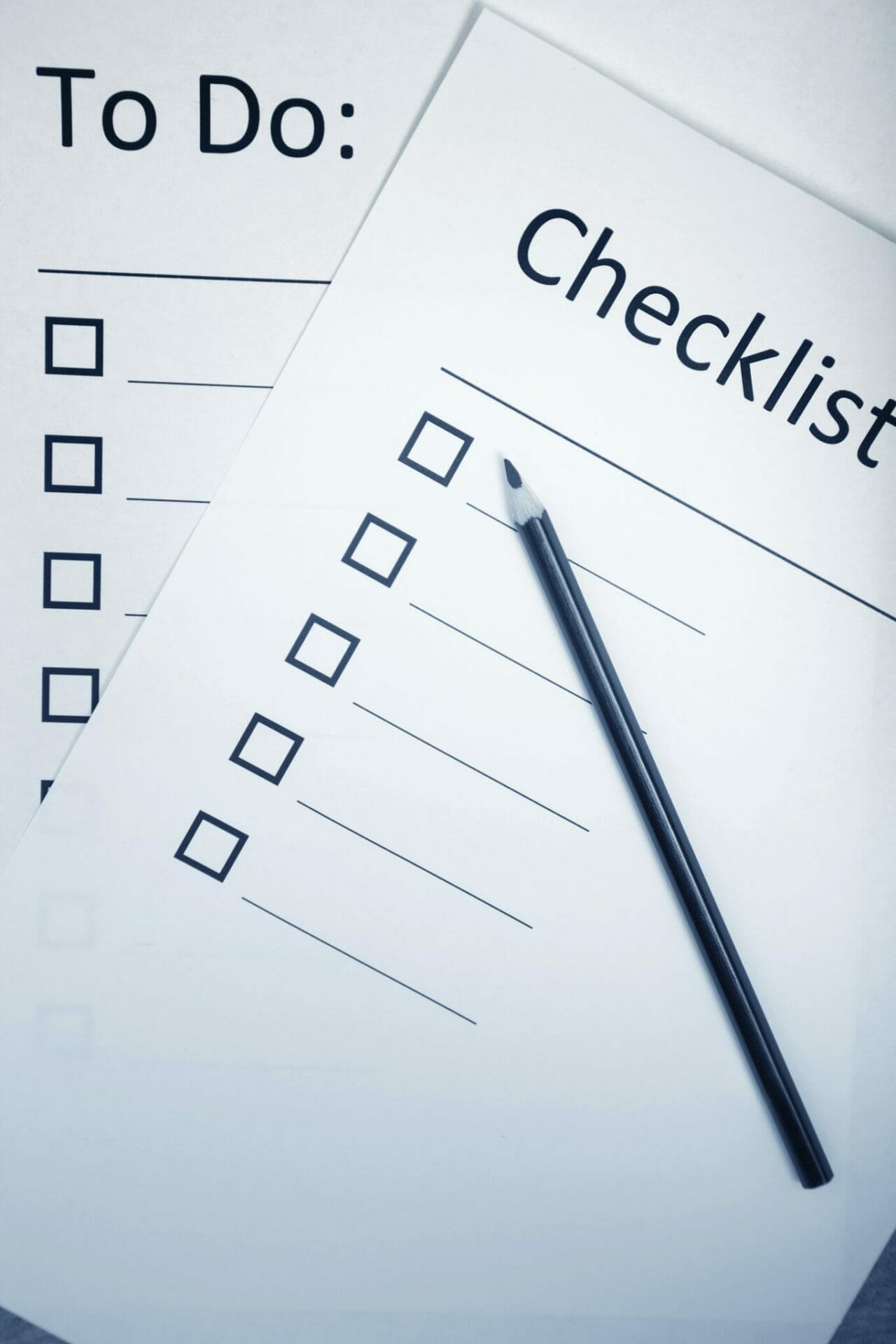I’ve often been asked, what can a personal injury lawyer do for me, or when should I hire a personal injury lawyer. Well, I’ve attempted before to answer some of those questions. The truth is there are hundreds of minor tasks that your personal injury lawyer should be doing for you in the background that you may never see. It is your lawyer’s job to know what minor tasks need to be done to put you in a good position later.

Realistically, if you’ve made a good decision hiring your lawyer, you will never know if these are done. However, if you chose poorly and hired a lawyer who perhaps doesn’t do but a few small personal injury cases a year, then you might find out if one of those minor tasks was never done and it might affect the outcome of your case.
It is impossible to list all of those tasks in a simple blog post, but there are also several things that your personal injury lawyer should be doing for you that you will see. There are things that you can evaluate for yourself to make sure that things are getting done in your case. These things are high-level tasks that usually result in a letter or a pleading being sent out and copied to the client.
So here is a simple list of high level tasks would help you have an overview of things your personal injury lawyer should be doing throughout your case.
- Get you medical treatment if you are having difficulties with healthcare providers;
- Get your medical bills reimbursed by med pay;
- Gather your medical records;
- Summarize your treatment records and expenses;
- Depose the Defendant;
- Identify and hire experts to prove my case;
- Talk to witnesses of the wreck and witnesses to your injuries (lay witnesses);
- Draft the Complaint and file well before the statute of limitations;
- Draft and respond to discovery requests to and from the opposing party;
- Appear at docket call to set your case for trial, or set your case for trial directly with the judge;
- Identify issues and draft motions to protect your from insurance company shenanigans;
- Create a theme, gather evidence, and prepare (read over-prepare) to present your case to a jury;
- Disclose all evidence to the opposing side as required by the Virginia personal injury rules;
- Negotiate with adjusters and lawyers to resolve your case either pre-litigation or during litigation;
- Keep you informed throughout the case about the status and next steps;
- Make sure there are no problems in your case that will turn a jury against you;
- Meet with your expert witnesses to verify their medical opinions;
- Set up video trial depositions for expert witnesses to avoid massive costs at trial;
- Create voir dire questions to pick an unbiased jury;
- Create an opening statement;
- Create outlines for questioning each lay witness;
- Identify the insurance company’s main arguments and draft closing arguments that answer each point; and
- Prepare you for trial by explaining your role and your attorney’s role throughout the day.
These are just a few high-level tasks that I put down when I am working on a personal injury case. You can probably multiply this list by 4 to get to each subtask that goes along with it and to account for the minor tasks, i.e. phone calls, phone messages, emails, letters, that go into accomplishing all of these high-level tasks.
It may seem like a lot, that is because it is. It is a lot of work to walk a personal injury case from start to finish. That is why I recommend hiring a competent personal injury lawyer to help you complete these tasks. If you need help with your personal injury case, call me or send me an email. I’d be glad to sit down and talk with you about your case.
What do you think? Do you have other thoughts on what goes into a personal injury case? Feel free to email me. I’d love to add your thoughts to my list!







